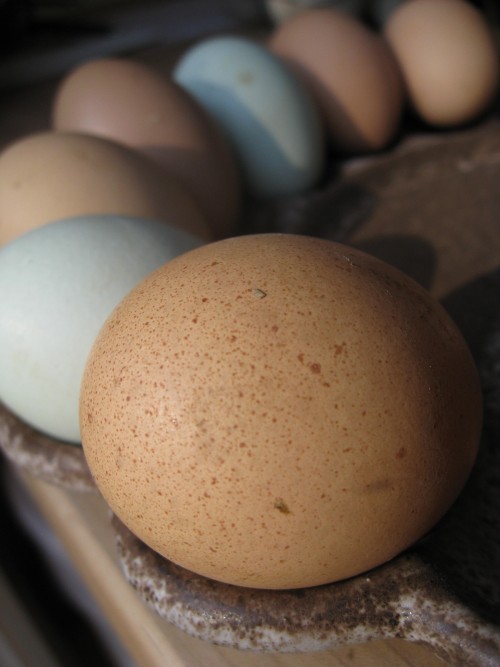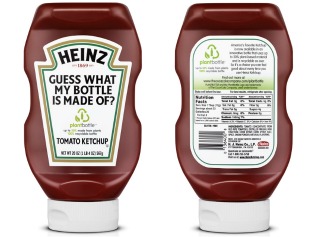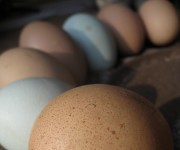 We get it. Organic food typically costs more than conventional, and that’s a significant barrier for people under financial strain. Food activists are working toward big-picture, systems-wide changes that could make organic food more affordable, but in the meantime one company in New York State is trying to make organic food more affordable and accessible — one dozen eggs at a time.
We get it. Organic food typically costs more than conventional, and that’s a significant barrier for people under financial strain. Food activists are working toward big-picture, systems-wide changes that could make organic food more affordable, but in the meantime one company in New York State is trying to make organic food more affordable and accessible — one dozen eggs at a time.
Dean Sparks is already working hard to scale up the organic dairy and egg market in New York. His NYFoods company makes organic farming a viable option for farmers — and organic options more available for consumers. The eggs, cheese, butter, and milk sell in nearly 30 stores throughout the region and supply all the milk and cream for Brooklyn’s adored Blue Marble Ice Cream. But after reading Start Something That Matters by TOMS Shoes founder Blake Mycoskie, Sparks wanted to do more.
If Mycoskie could give away a pair of shoes for every pair he sold, could NYFoods give away a dozen eggs for every dozen it sold?
Sparks is trying out this model at the Mott Haven Farmer’s Market in the South Bronx. Working in partnership with fresh food distributor Regional Access and local community organizers, NYFoods gives away a dozen eggs to every shopper at the market. This not only delivers free organic eggs to the community, it also provides an enticement for the community to shop at the market in the first place. It didn’t hurt that at the program’s launch on Sept. 28, shoppers got samples of Blue Marble Ice Cream as well.
“Organic eggs from pastured hens are a healthy source of protein that’s so hard to find in many food-desert communities, even in New York City,” says Dean Sparks of NYFoods. “Free, certified organic pastured New York eggs from our small, family-owned farms in upstate New York are full of protein, vitamin E and omega 3 fatty acids. Any family in need can use them at home, regardless of their cooking skills or kitchen tools.”
How is this a viable business model for NYFoods? By making judicious use of what the hens produce. The company selects only extra-large eggs for the cartons sold for a premium at stores like Whole Foods. But those pastured hens are also laying smaller eggs — a bit too small for retail but still high-quality and nutrient-dense. There is little market for these eggs (which would otherwise be sold as egg whites), so farmers are paid the same market rate as they would get from a conventional egg processor, only they’re collected in pulp cartons for the free egg program. Then NYFoods is giving them away for free.
The food news has been devastating, lately — with widespread contamination outbreaks emerging seemingly every day. But food companies working on positive change can offer a bit of hope for our food system. As more people consider how to balance sustainable practices with food access, it seems entirely possible that similar programs will begin popping up in other parts of the country.
A version of this article originally ran on Civil Eats.



